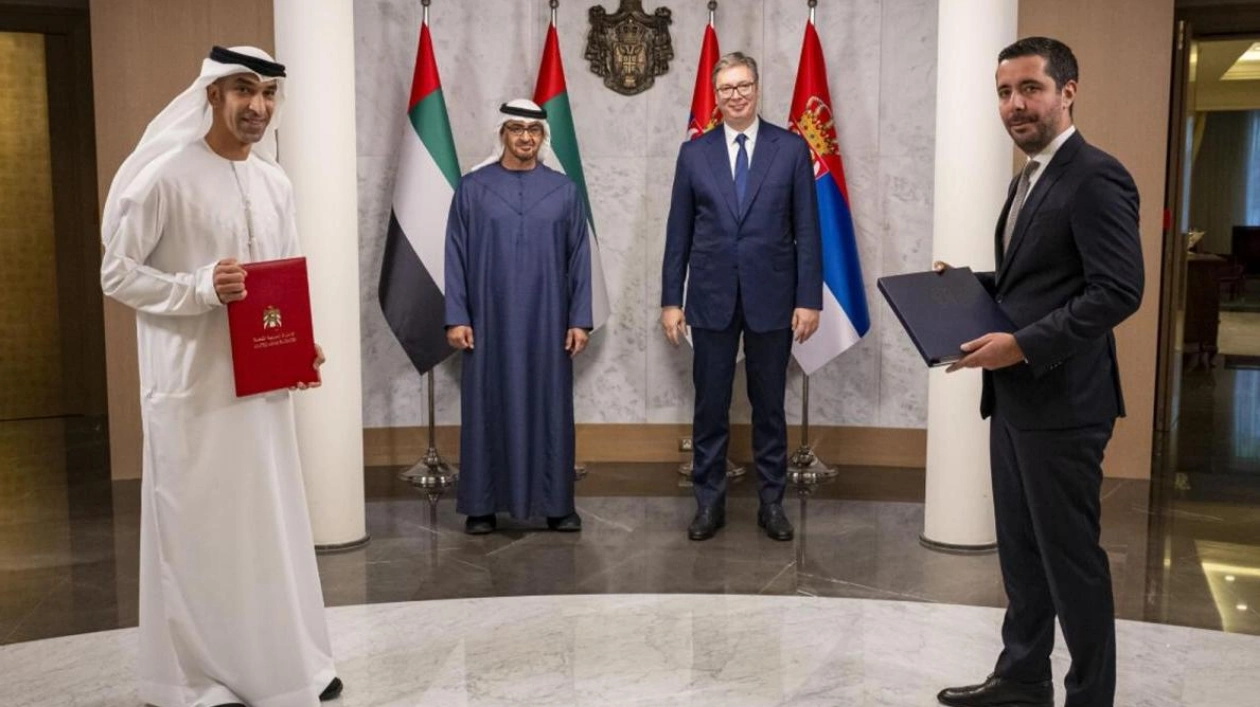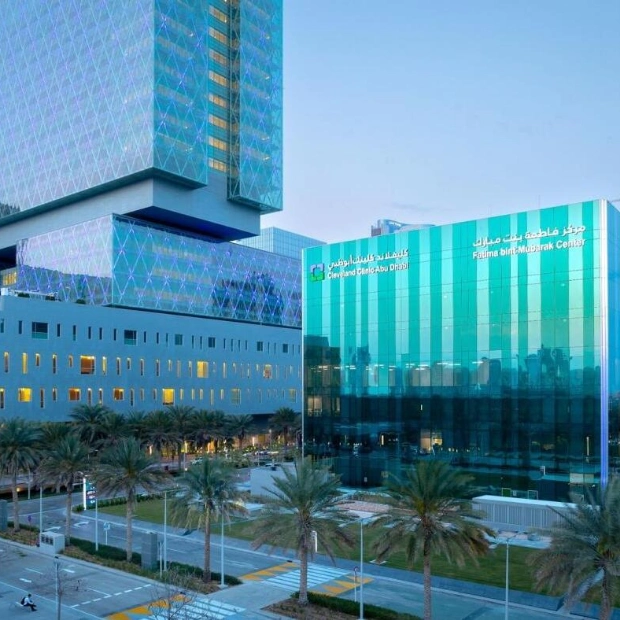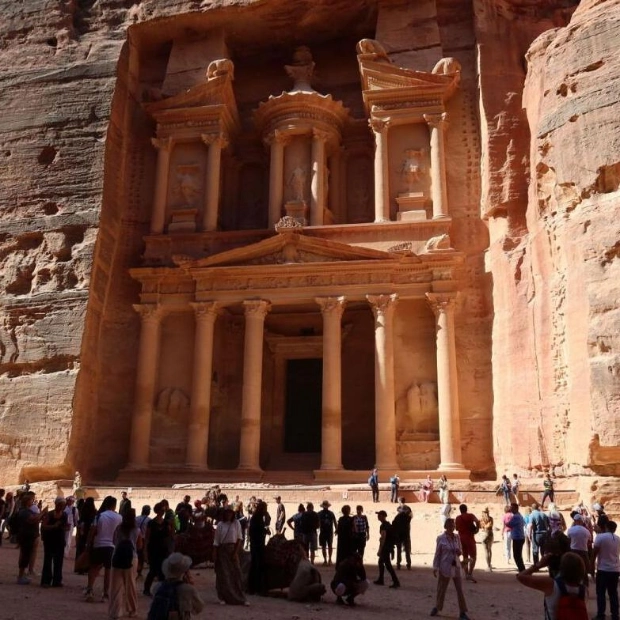The UAE has signed a Comprehensive Economic Partnership Agreement (CEPA) with Serbia, marking the first such agreement with a non-WTO member country. This agreement includes tariff reductions and eliminations on up to 96% of customs tariff lines, a significant step compared to agreements with other countries, all of which are WTO members.
This initiative is driven by the substantial potential to enhance non-oil trade between the two nations, according to Dr. Thani bin Ahmed Al Zeyoudi, Minister of State for Foreign Trade. He stated to the Emirates News Agency (WAM) that the agreement serves as a crucial link to the Balkans and Southeast Europe, regions with significant economic potential. It also reflects the shared ambition between the UAE and Serbia, paving the way for a new era of bilateral cooperation and sustainable economic growth.
Dr. Al Zeyoudi emphasized that the agreement aims to boost trade and investment flows, strengthen cooperation, and foster private sector partnerships. It also seeks to empower business communities, promote investment, facilitate knowledge exchange, and activate joint developmental projects in sectors such as logistics and food security. The minister highlighted that the agreement leverages Serbia's economic opportunities, particularly in manufacturing, skilled labor, and abundant mineral resources.
He projected that the agreement could add $351 million to the UAE's GDP by 2032. Non-oil bilateral trade between the UAE and Serbia stood at $122.9 million in 2023 and is expected to reach $500 million within the next five years. The UAE is currently Serbia's largest trading partner among the Gulf Cooperation Council (GCC) countries, accounting for 55% of Serbia's trade with Gulf nations. It is also the third-largest market for Serbian exports in the Middle East and the fourth-largest trading partner for Serbia in Arab countries and Africa, according to 2023 data.
Dr. Al Zeyoudi noted that FDI between the two countries has been increasing, particularly in high-priority sectors such as renewable energy, agriculture, food security, infrastructure, and logistics services. The Comprehensive Economic Partnership Agreements Programme, initiated by the UAE since late 2021, is a cornerstone of the country's growth strategy, aiming to double the total value of foreign trade to Dh4 trillion by 2031.






